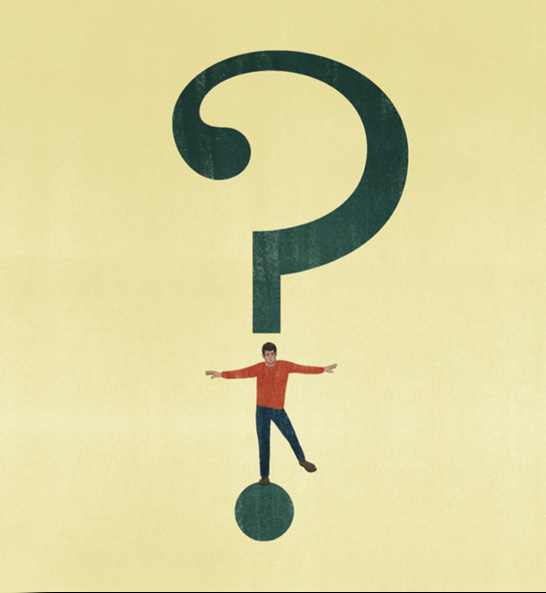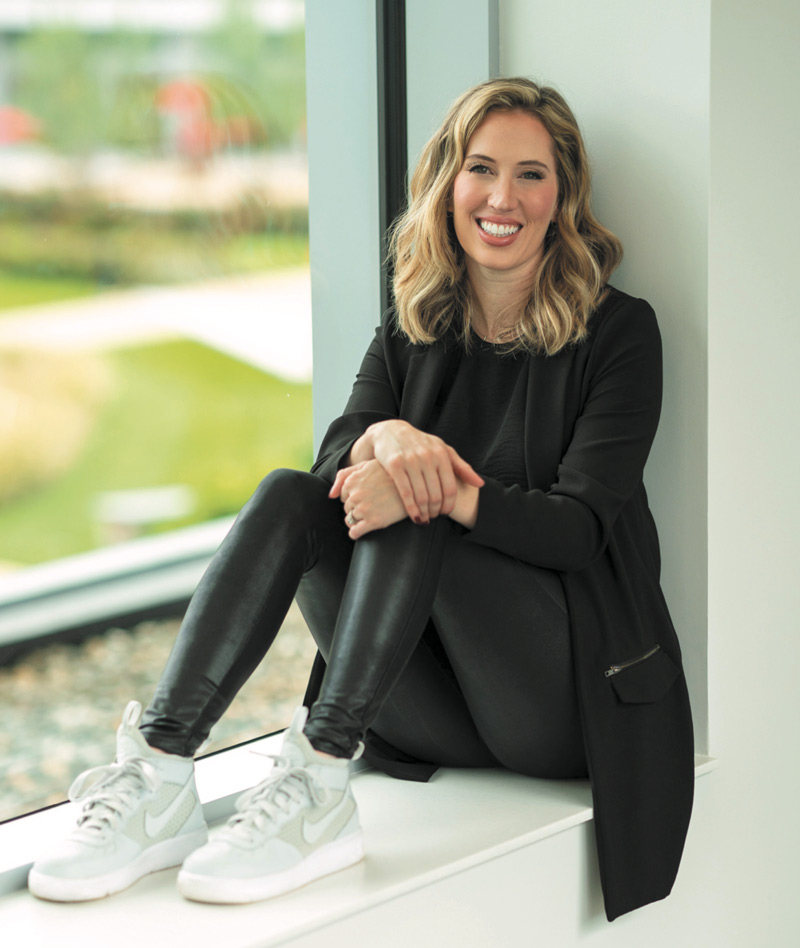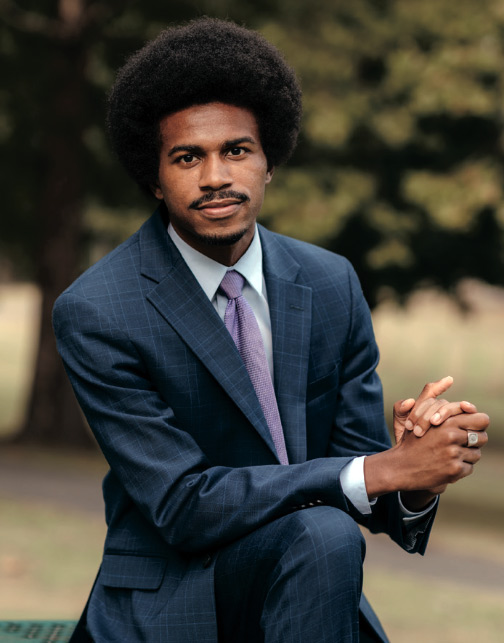Getting it Right
By Bowdoin MagazineThe biggest gift in Bowdoin’s history—$50 million from Netflix founder Reed Hastings ’83—brings with it great excitement and opportunity. President Zaki explains why creating this intiative at not just a liberal arts institution but specifically at Bowdoin is not just right, it’s imperative.
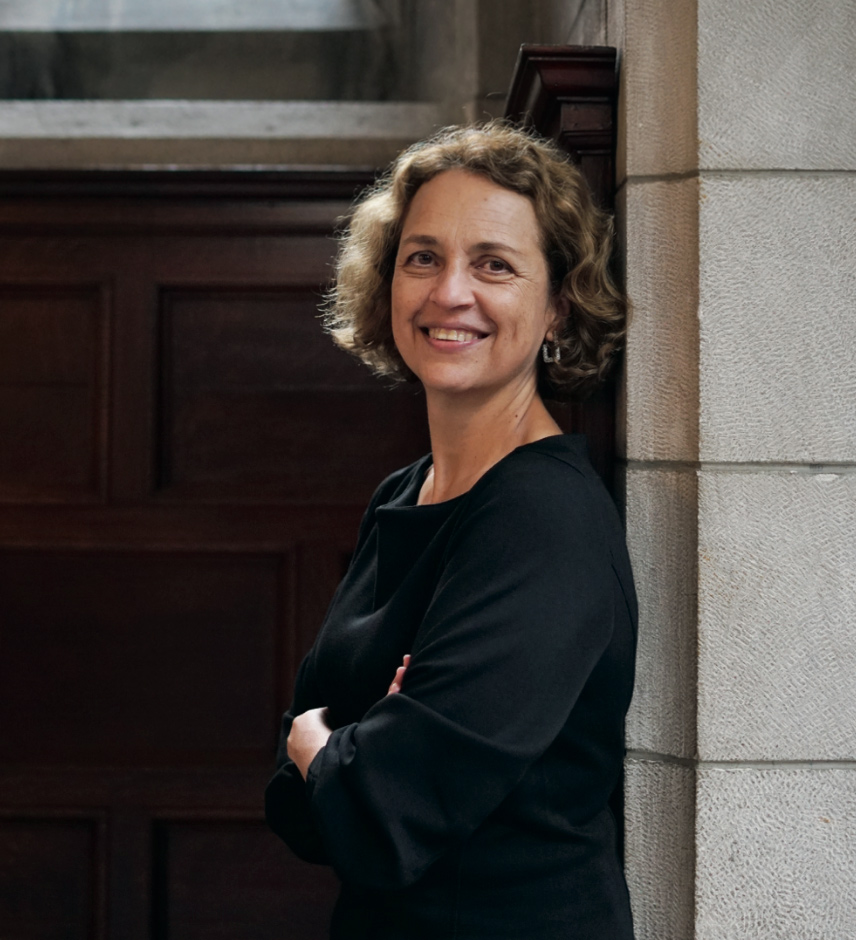
What has the response been to the announcement of the Hastings gift?
I’ve heard so much excitement—from faculty, from staff, from so many students. I’ve heard from alumni who are excited about the way that Bowdoin is meeting this moment. I’ve been really heartened by the response.
If someone said, “I’m worried that this means that Bowdoin’s going to become a place I don’t recognize,” what would you say?
Nobody has said that. I thought they might. Because change makes people nervous. But I think people understand this as us doubling down on the liberal arts. It’s saying, “The liberal arts are the way to go into the future” and that we want to make sure we have the faculty resources so that people can experiment and iterate with new modes of teaching and understanding and interrogate and maybe even influence the trajectory of AI.
I’ve said before, “We have a moral imperative to do this work.” I couldn’t feel more strongly about this. That is the Bowdoin way. We don’t shy away from facing the future and using our tools—the liberal arts, and our guiding principle, the common good—as a way to go into that future. I think that’s what this is about.
How did this gift come about?
I’ve been thinking about AI since I was in college. I was interested in how the mind works. In cognitive science, we often compare the human mind to a computational model of mind—and that gives us insights about the structure of our cognitive architecture. So I have been thinking and teaching about AI for a very long time. It’s always been part of my courses on cognitive models.
This strong conviction I have about the liberal arts being the way to move forward in this moment predates my appointment as president. Those ideas formed the basis of my inauguration speech. And then I connected with Reed, who has also been thinking deeply about AI for a very long time.
And I think he sees this is a critical moment for the world and for humanity. And he wants Bowdoin to lead in this space. I had a number of really interesting and energizing conversations with him before I asked him to make this gift. He is remarkably decisive and action-oriented. And he’s excited about what we can do here. I was elated that he was willing to make such a historic commitment to tap into that potential.
Something else worth talking about is the incredible fact of this gift’s flexibility. It’s designated for AI but is unrestricted in its implementation. And that represents a remarkable secondary gift—the freedom to adapt our approach as the field evolves and to make strategic decisions based on what’s right for Bowdoin at each step.
What do you want students to get out of this?
This will allow faculty to experiment. It will bring new faculty and create new opportunities for research. It will bring new speakers and new possibility. And that’s for all of us—faculty, staff, and students. Students will inhabit the future in ways that we will not. Right now, we’re teaching students who have just recently encountered ChatGPT, or maybe they encountered it in high school. There will be, to come, generations of students whose first encounters will be much earlier on and whose trajectories will have been changed by those encounters. What will it mean to teach those students? What will it mean for their cognition? This gift will allow us to be ready.
This is the biggest gift for Bowdoin ever. How does that feel?
It feels really good. I’m deeply grateful to Reed. And I also think, “There is so much more I want to do for Bowdoin.” There’s so much more we can do as a community. It will require the collective energy and vision of our faculty, staff, students, alumni, and in all the ways they drive ideas forward. It’s a wonderful thing.
I also feel a sense of responsibility to get this right. Even before the gift, I felt that in this moment. And now it feels evermore pressing, because we have this chance to seize the moment.
It brings such momentum.
Oh, yes. It’s a validation of our vision and approach. I have heard from many people on campus, in our community. But I’ve also heard from many people in higher ed, including old colleagues and old friends and people who are in this field, about how excited they are that there is this good news, that someone is doing this framed this way in the liberal arts. There have been other gifts for AI at other institutions, but I think this one, in this moment—with all of this uncertainty—feels like a ray of sunshine.
There are ideas that come to fruition and then feel obvious, and I think this is one of them. This feels so right for Bowdoin.
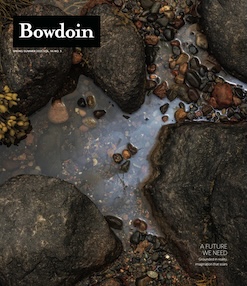
This story first appeared in the Spring 2025 issue of Bowdoin Magazine. Manage your subscription and see other stories from the magazine on the Bowdoin Magazine website.
